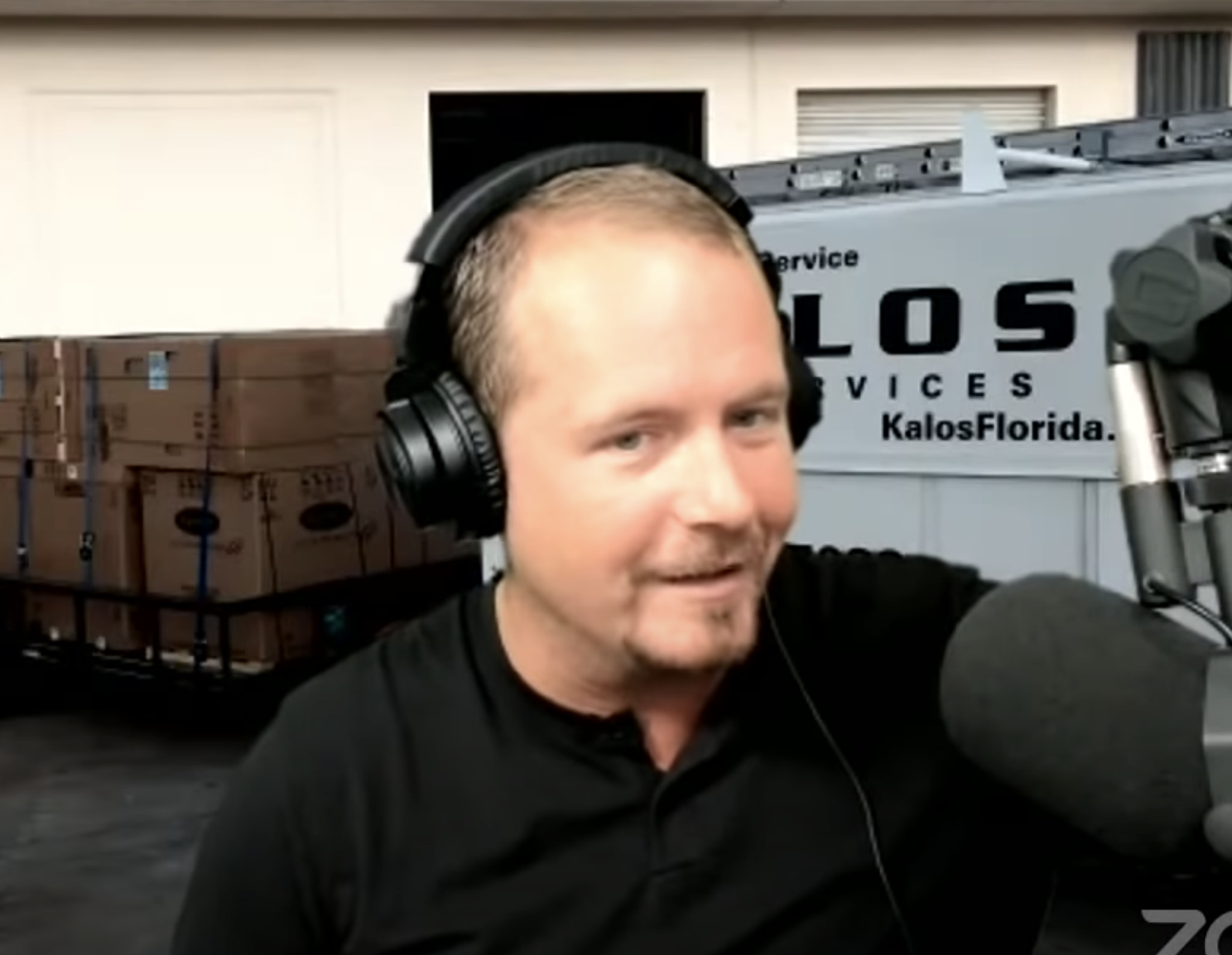Money Conversations for Techs
July 21, 2021


Kalos was founded in 2005 by tradesmen. The money and administrative sides of business did not come naturally to the founders, so Bryan and Jesse discuss how Kalos has evolved and how the company leaders think about money today.
The first step for any successful business is to provide customers/clients with a product or service of value. However, there must be a balance between providing something of value to customers and providing excellent customer service.
When starting an HVAC business, one of the biggest mistakes is making money the top priority. Although money is important, it can only come in when a business establishes the value of its services and communicates its value to its customers. There is no hard line for fair pricing, so the communication between the contractor and the customer needs to negotiate and establish expectations for the work performed and its price tag.
That same mistake applies to employees who want raises or promotions; those employees may feel as though they are owed more for their work, but they must establish their value before the raise or promotion happens. The goal is to avoid unmet expectations in all areas of business, whether it’s between the contractor and the client or the employee and their manager.
Maintenance services are not very profitable, but you can maximize the profitability of PM jobs through efficiency and thorough cleaning/inspection.
Service repairs are difficult jobs when it comes to profitability. At Kalos, we struggled with service repairs because we never anticipated setbacks in our original price quotes. We experienced additional expenses that we didn’t initially factor into our repair pricing because we failed to prepare for extra parts, trips back to the shop, etc.
Moreover, we used to try to squeeze lots of value into a single job. As a result, we would sometimes undervalue the work we performed. You can’t make more money if you don’t factor your time, labor, and extra parts into the quote. Even though we wanted to have low prices to help our customers, we earned very little money compared to the work that we put into the job. We overcame that financial slump by spending more time on our jobs; we spent more time diagnosing the whole system, communicated with customers about our services’ value, and spent more time fixing everything on a system so that we could charge more while avoiding callbacks. Labor MUST be expensive (but valuable) if your business wants to turn a profit.
When communicating your services’ value to the customer, you need to give the customer a chance to say NO to some of your services. That way, they will be much less likely to nitpick your work if they know that they did not pay for the full package of services.
Profitability comes down to doing more billable work while you’re at a job site. When you become more profitable, you will also have a bit more control over the customers you choose to serve. As such, it is important to pay attention to total system performance and aesthetics to attract (and keep) the customers who value your work and maximize your profitability.
Profitable HVAC businesses also pursue mastery of valuable related fields, such as indoor air quality (IAQ), building science (duct design), and human comfort (humidity control). It is one thing to sell a customer a dehumidifier without knowing the science behind it, but it’s a completely different thing to explain the benefits of dehumidification, traits of individual dehumidifiers, and human comfort fundamentals to a customer so that they can make an informed decision about their comfort.
Instilling a value-oriented mindset in yourself and your technicians is also important for profitability. Successful HVAC businesses train their technicians how to approach money conversations. Train technicians to establish value when they communicate with the customer and not to undervalue the company’s services. Make sure technicians also don’t project their own opinions about the value onto customers. Technicians should be methodical yet friendly, attentive, and in tune with the customer’s needs when communicating value, not lazy or overly casual.
Effective business owners take what customers want and convert those to a solution; they assess their resources and tailor their plans to their customers’ desires.
Bryan and Jesse also discuss:
Misunderstandings about tax write-offs
Bundling and flat-rate pricing systems
Establishing value with commercial customers
Technician skillsets
Maintenance contracts
Warranty challenges
Communicating price ranges
Treating difficult clients with respect
If you have an iPhone, subscribe to our podcast HERE, and if you have an Android phone, subscribe HERE.
Check out our handy calculators HERE.
Comments
To leave a comment, you need to log in.
Log In